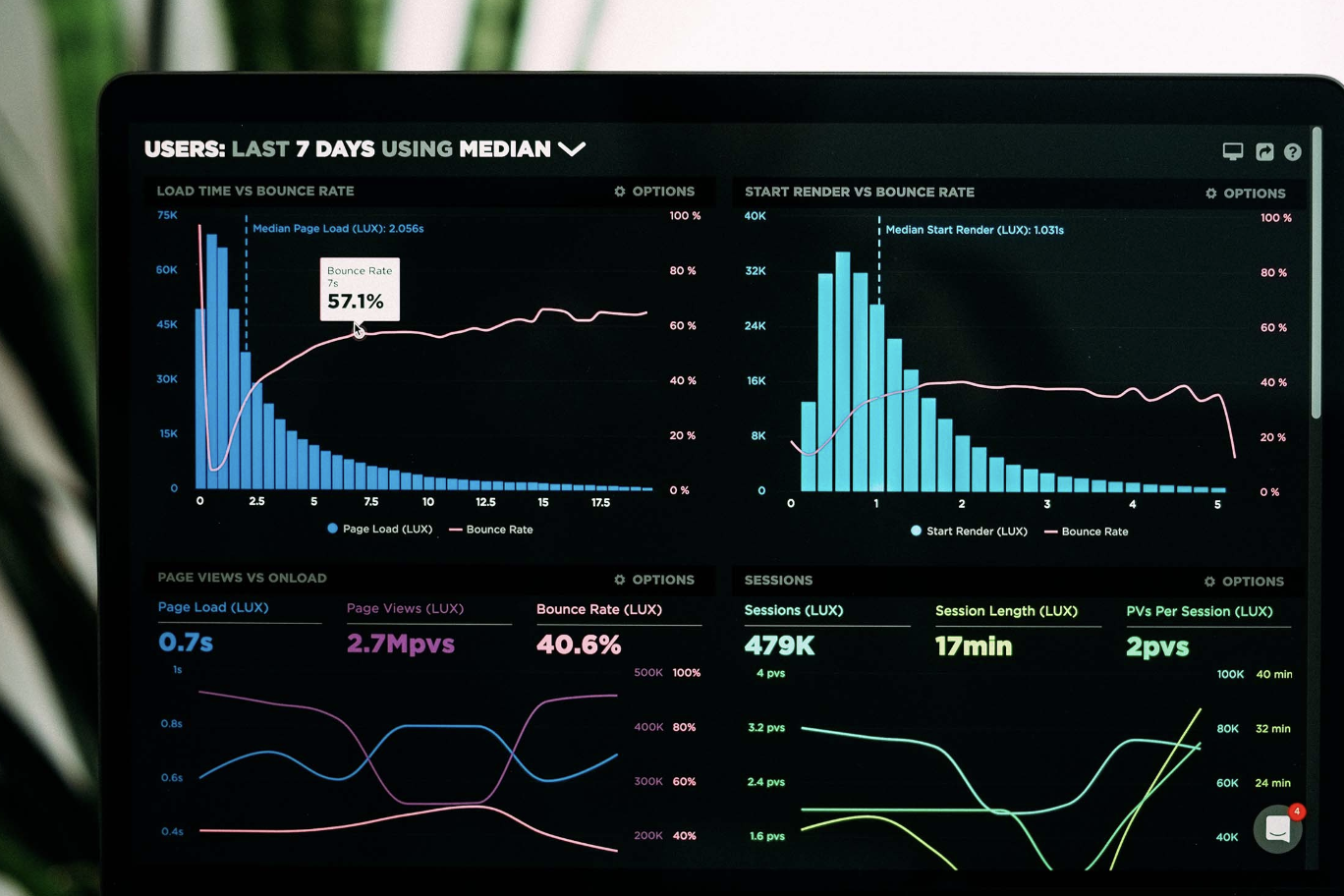Analytics vs Metrics vs KPIs: Data terminology defined
We all know that data is important. It lets us know whether we're succeeding or failing, and by what margins. But one thing I've found is that there are a handful of terms that are incorrectly used interchangeably in most business environments. Knowing the differences between these terms (as well as how they are all related to each other) is critical to understanding how to approach data and best use insights to improve your business.
Metrics
The most granular form of data, Metrics describe the exact numbers that make up the data. Put more simply, they are the raw ingredients that make analytics possible. On their own, they may not actually be very helpful, but studied in the right context (foreshadow alert -- this is analysis), they can be used to give fact-based direction to your decision-making.
Examples of metrics in the Marketing Data world:
# of Users
Sessions
Pageviews
Event actions
Bounces / Bounce Rate
Avg. Page rank
Click through rate
All of these units of measurement report activity or results of very specific user interactions in your marketing efforts.
KPIs
KPIs, or Key Performance Indicators, are those metrics that directly tell of success or failure for a business. They are strategically outlined to support business objectives, and hence become the most important metrics to study for digital marketers. For example, if a marketer launches a campaign to increase sales originating through the Email channel, KPIs may include: Email clicks, Ecommerce conversions, or total revenue by channel.
A super important note about KPIs: Even though they are technically just "the intentionally chosen metrics," they still require context and analysis to be meaningful. If you've chosen 'Email clicks' as your primary KPI for a campaign, how do you know what's 'good', or what's 'bad?' Choosing KPIs is a critical way to bring focus into your analysis (that is, to avoid being overwhelmed in a sea of data), but they still require proper analysis.
Analytics
Arguably the most misused term of them all, Analytics refers to the systematic study and analysis of data (i.e. Metrics and KPIs). That is, the output of information by a person or system who studied the Metics and worked to extract insights and/or conclusions about what they mean for a business. "Analytics" in their truest form, are not data points that can be pulled directly from an analytics system. Rather, they are the interpretations of data that transform numbers and metrics into actionable ideas and insights.
Tying it all together
To get more specific, here's a use case that pulls all 3 concepts together:
You just published a marketing landing page with a lead generation form on it. Your business goal is to attract users to this page, and persuade them to submit a form with their name and email address, so you can enter them into a lead nurturing workflow.
Metrics
For this marketing activity, relevant metrics may be:
Total visitors to the landing page
Total visitors broken down by acquisition channel (organic search, referral, cpc, etc.)
Total time spent on the page
Total form submissions
Again, these are just the data building blocks.
KPIs
Of the metrics, you -- as the marketer or analyst -- need to select those indicators of success. You may not actually care about the total visitors to the landing page, but rather, focus solely on the number of total form submissions (As as all know, more traffic is not always a positive thing, if your visitors aren't taking the action you want them to take). So, your KPIs may break down as follows:
Total form submissions
Form conversion rate (submissions/total visits)
Form conversion rate broken down by acquisition source
These three metrics are examples of numbers that can be *directly* bound to definitions of success or failure from a business perspective.
Analytics
Outlining the metrics and KPIs was actually the first step in proper analysis -- it's understanding what you're measuring and why. Next, it's your job as the marketer or analyst to provide context and ultimately draw insights out of the data you see. For example:
You know that previous landing pages have achieved an average form conversion rate of 6%. How far above or below this benchmark does your current landing page perform?
What's your hypothesis for why it is under performing or over performing? What's different about this landing page when compared to your past efforts? Can you narrow down the success/failure to specific content attributes?
Based on your study, what do you recommend to change about the current tactic, or what attributes should you include in future tactics to build upon your positive outcomes?
Why is this important?
We take these terms seriously because there is real business value tied to each term in different ways. For example, your intern may be qualified to pull metrics from your Google Analytics account, but until those metrics are studied and summarized into business insights, they are nothing more than numbers in a spreadsheet. Similarly, the same intern might be able to pull hundreds of different metrics to report to your senior leadership, but if they aren't aligned behind a set of KPIs, the usefulness of the data will fall short.




